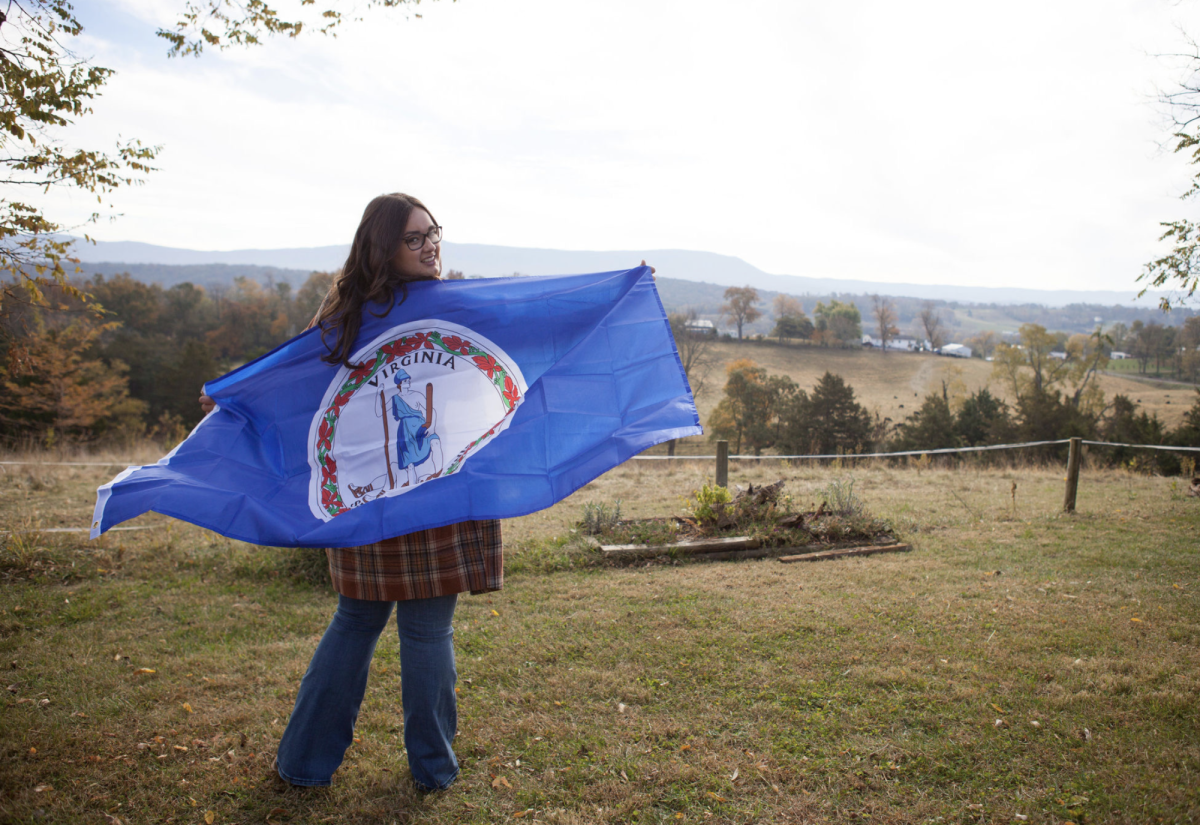In preparation for the new school year, Dean Sheilah Shaw Horton announced that the College’s COVID-19 protocols would be relaxed for the Fall 2022 semester. The changes included making masking and testing optional, reducing testing hours, removing the Beebe testing center and discouraging remote class options. In response, Students for an Accessible Wellesley (SAW) began updating their internal policies and encouraging other organizations to do the same.
“I think the idea that returning back to normal was good for everyone in the first place is kind of a complicated and in some ways an exclusionary viewpoint, because … normal never worked for disabled people,” Fazya Jaleel ’24, current SAW president, said.
A follow-up to the initial announcement of the policy changes, Dean Horton stated that while the pandemic was not over, “As a community we need to move forward and resume more of our pre-pandemic life,” especially in regards to academics. This reinforced the college’s messaging surrounding masking as a personal choice, no longer a matter of public safety, as part of a broader initiative to return to “normal operations” and “re-establish academic expectations.”
“It’s not an either/or. It’s not flexibility and accommodation for everyone, or academic excellence,” Esmé Krummel ’25, SAW’s academic chair, said. “It’s possible to have both at once, and having both at once is gonna bring a happier, healthier, mentally more stable … [state for] everyone.”
The wide-spread structural shift to virtual or hybrid-based schooling during the past two years is proof that this accommodation is not only possible, but relatively simple to implement and maintain. Although teachers and students alike have expressed frustration with the Zoom experience, the forcible transition away from long-held teaching norms has provided the opportunity for accessibility-forward thinking that considers how best to accommodate each student’s needs, disabled or not, ultimately producing a learning environment that serves everyone.
To better accommodate its members, SAW has additionally enacted some internal changes. They are in the process of developing a COVID-19 testing form as a way to get an idea of the number of active cases on campus. To help ensure its members ability to participate in and attend meetings, masks are now required at all SAW events, in addition to getting tested 48 hours beforehand and the meetings themselves will remain hybrid. SAW has also appointed a tech chair and an access chair to ensure that those attending virtually have the ability to participate as fully as those in-person.
“Especially with the pandemic, and with everything kind of going on, I think it’s important to create community first and foremost, and really make it so that disabled people on campus can have the space to process…with each other, and also be in community and advocate with each other,” Jaleel said.
Outside of SAW, students are still running into barriers surrounding adequate accommodation. Furthering this difficulty is the fact that the only accommodations officially recognized are those granted by ADR, meaning students who are unable to get the required neuropsych testing for medical or financial reasons are unable to receive accommodations. However, flexibility is granted when non-disabled students stand to gain, such as the policy allowing virtual classes only in the case of an outside speaker.
“It’s incredibly harmful and incredibly pervasive in this ableist society of ours, that certain people want to go back to not having certain things unless they’re beneficial for the able-bodied people,” Jaleel said.
Jaleel later noted that ableism surrounding COVID-19 does not exist in isolation of societal views of disabled people. Krummel expanded on this point.
“Dehumanization and alienation of people with disabilities is a common type of ableism that comes up, and … making things COVID-wise, accessible to most people, but not accessible to people with disabilities, is a continuation of our societal dehumanization and alienation of people with disabilities, chronic illnesses and immunocompromisation,” Krummel said.





